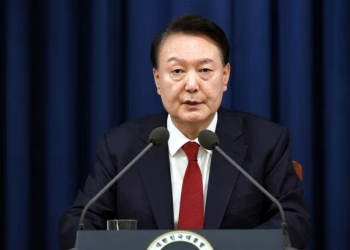Recent political developments, particularly the Generation Z uprising against poor governance, have highlighted significant flaws in Kenya’s health system. The country remains ill-equipped to handle emergencies, such as natural disasters, despite the 2010 constitution guaranteeing every citizen the right to high-quality healthcare, including emergency treatment.
Incidents involving peaceful protesters requiring urgent care for gunshot wounds revealed the system’s shortcomings. Many critical patients in national hospitals were neglected as facilities became overwhelmed. This delay in emergency admissions led to unnecessary loss of life, undermining human dignity.
Despite the presence of medical professionals, recent strikes by health officers indicate that the government has taken insufficient action to protect citizens during health emergencies. Additionally, the government has struggled to instill confidence in the Social Health Insurance Fund (SHIF), in stark contrast to the National Health Insurance Fund (NHIF), which has faced criticism for poor service delivery and allegations of corruption.
The auditor general recently uncovered significant mismanagement within NHIF, which is supposed to alleviate healthcare costs for many Kenyans living below the poverty line. There is an urgent need for the Ministry of Health to allocate public resources effectively to health expenditures, as investments in health can benefit all sectors.
To improve the system, the government should employ sufficient healthcare personnel to meet recommended doctor-to-patient and nurse-to-patient ratios. SHIF must be strengthened to eliminate the loopholes found in NHIF and supported by initiatives like the Linda Mama program, which has successfully reduced maternal mortality and morbidity rates.
Ultimately, the President must lead the fight against corruption, serving as a role model and ensuring that graft cases are addressed firmly and fairly, in collaboration with the Director of Public Prosecutions.
Addressing Kenya’s Health System Challenges Amid Political Unrest
Plugin Install : Subscribe Push Notification need OneSignal plugin to be installed.















